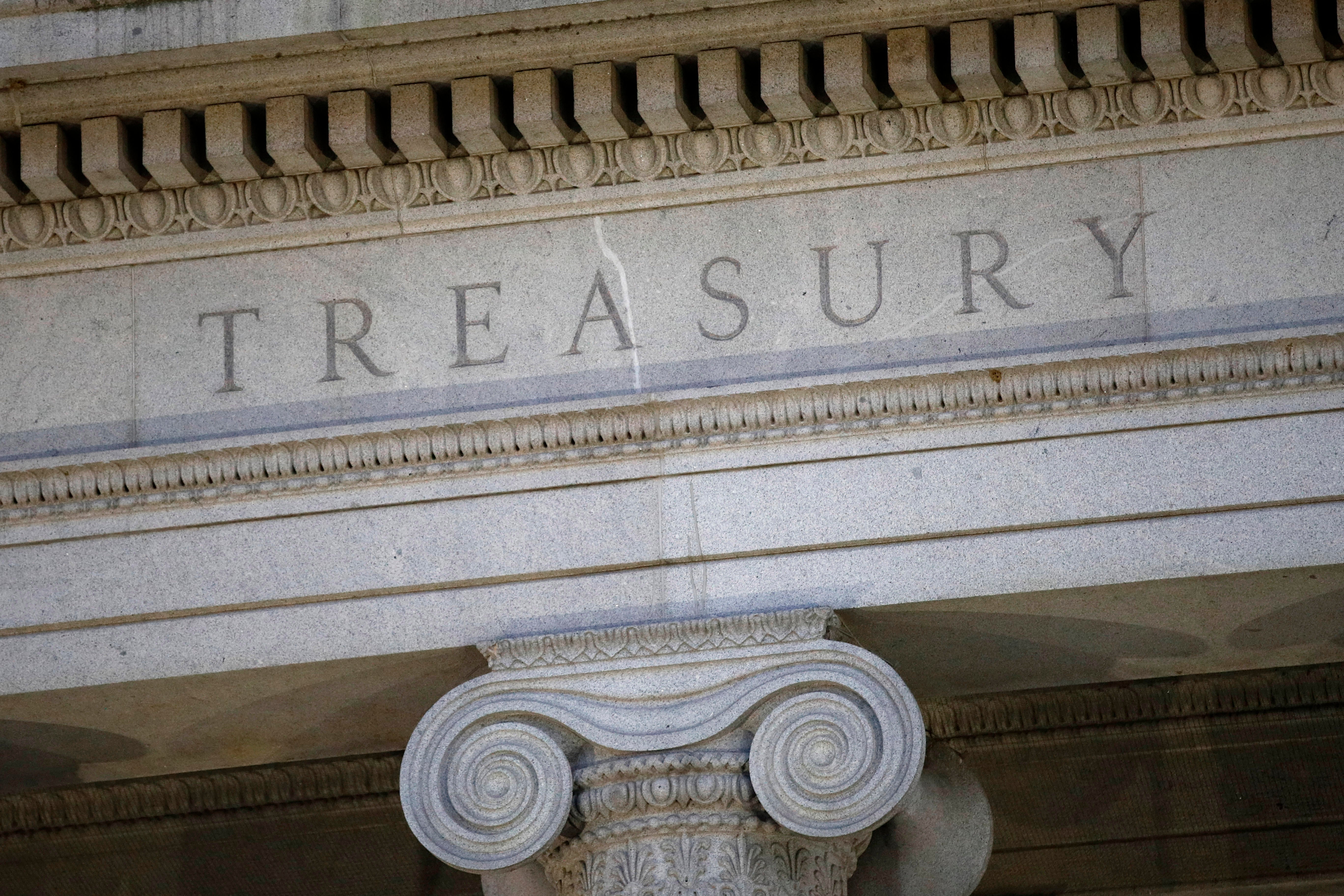New US rules try to make it harder for criminals to launder money by paying cash for homes
The Treasury Department has issued new regulations aimed at making it harder for criminals to launder money by paying cash for residential real estate

Your support helps us to tell the story
From reproductive rights to climate change to Big Tech, The Independent is on the ground when the story is developing. Whether it's investigating the financials of Elon Musk's pro-Trump PAC or producing our latest documentary, 'The A Word', which shines a light on the American women fighting for reproductive rights, we know how important it is to parse out the facts from the messaging.
At such a critical moment in US history, we need reporters on the ground. Your donation allows us to keep sending journalists to speak to both sides of the story.
The Independent is trusted by Americans across the entire political spectrum. And unlike many other quality news outlets, we choose not to lock Americans out of our reporting and analysis with paywalls. We believe quality journalism should be available to everyone, paid for by those who can afford it.
Your support makes all the difference.The Treasury Department has issued regulations aimed at making it harder for criminals to launder money by paying cash for residential real estate.
Under rules finalized Wednesday, investment advisers and real estate professionals will be required to report cash sales of residential real estate sold to legal entities, trusts and shell companies. The requirements won't apply to sales to individuals or purchases involving mortgages or other financing.
The new rules come as part of a Biden administration effort to combat money laundering and the movement of dirty money through the American financial system. All-cash purchases of residential real estate are considered a high risk for money laundering.
The Treasury's Financial Crimes Enforcement Network, also known as FinCEN, will administer the rules.
Money laundering in residential real estate can also drive up housing costs – and rising home prices are one of the big economic issues i n this year’s presidential campaign. A 2019 study on the impact of money laundering on home values in Canada, conducted by a group of Canadian academics, found that money laundering investment in real estate pushed up housing prices in the range of 3.7% to 7.5%.
Under the new rules, the professionals involved in the sale will be required to report the names of the sellers and individuals benefitting from the transaction. They will also have to include details of the property being sold and payments involved, among other information.
Treasury Secretary Janet Yellen said in a news release that the new rules address some of the nation's biggest regulatory deficiencies.
“These steps will make it harder for criminals to exploit our strong residential real estate and investment adviser sectors,” she said.
Ian Gary, executive director of the FACT Coalition, a nonprofit that promotes corporate transparency, called the rules “much-needed safeguards” in the fight against dirty money in the U.S.
“After years of advocacy by lawmakers, anti-money laundering experts and civil society, the era of unmitigated financial secrecy and impunity for financial criminals in the U.S. seems to finally be over," Gary said.
Some industry representatives welcome the new rules.
Tori Syrek, a spokesperson for the National Association of Realtors, said FinCEN’s final rule is a pragmatic approach to combating money laundering and other crimes. “Bad actors are exploiting the current vulnerabilities,” Syrek said. “FinCEN’s final rule is a pragmatic, risk-based approach to combating money laundering and these other crimes.”
The Biden administration has made increasing corporate transparency part of its overall agenda, including through creating a requirement that tens of millions of small businesses register with the government as part of an effort to prevent the criminal abuse of anonymous shell companies.
However, an Alabama federal district judge ruled in March that the Treasury Department cannot require small business owners to report details on their owners and others who benefit from the business.